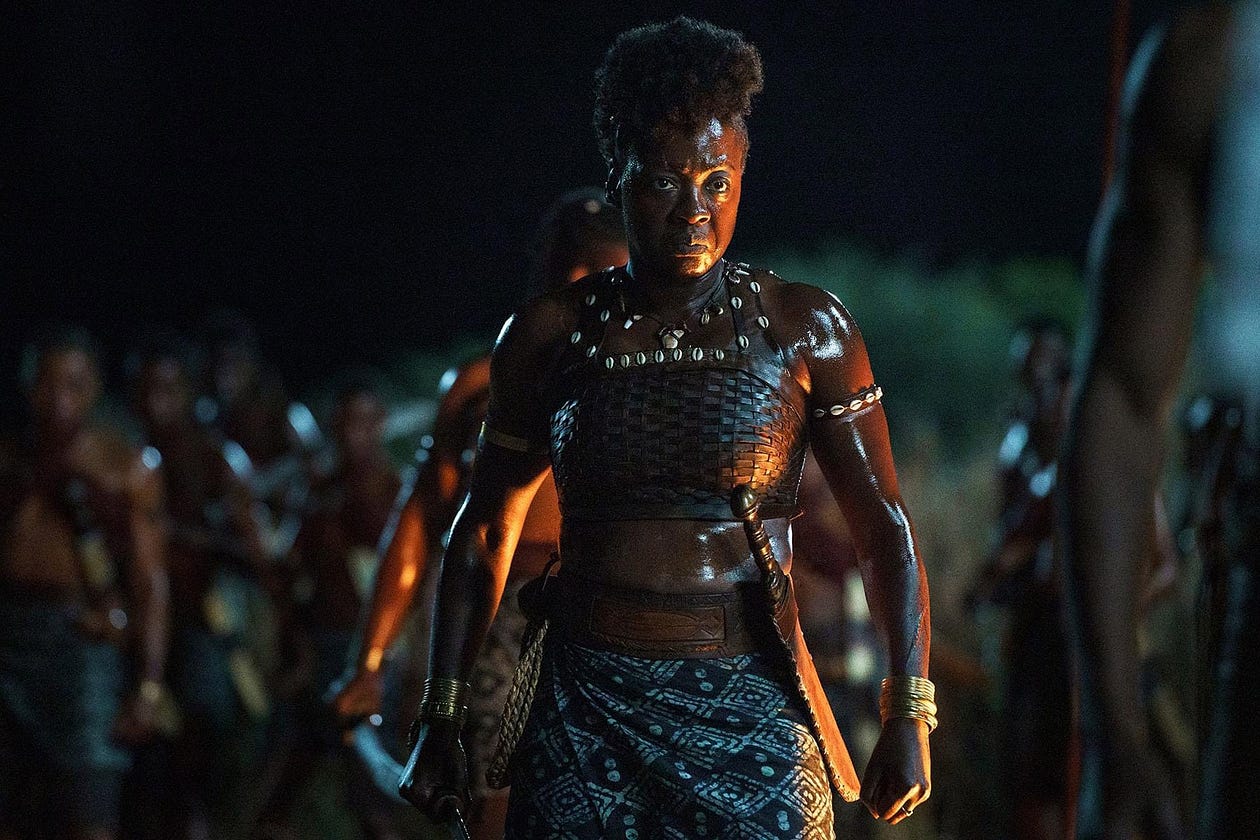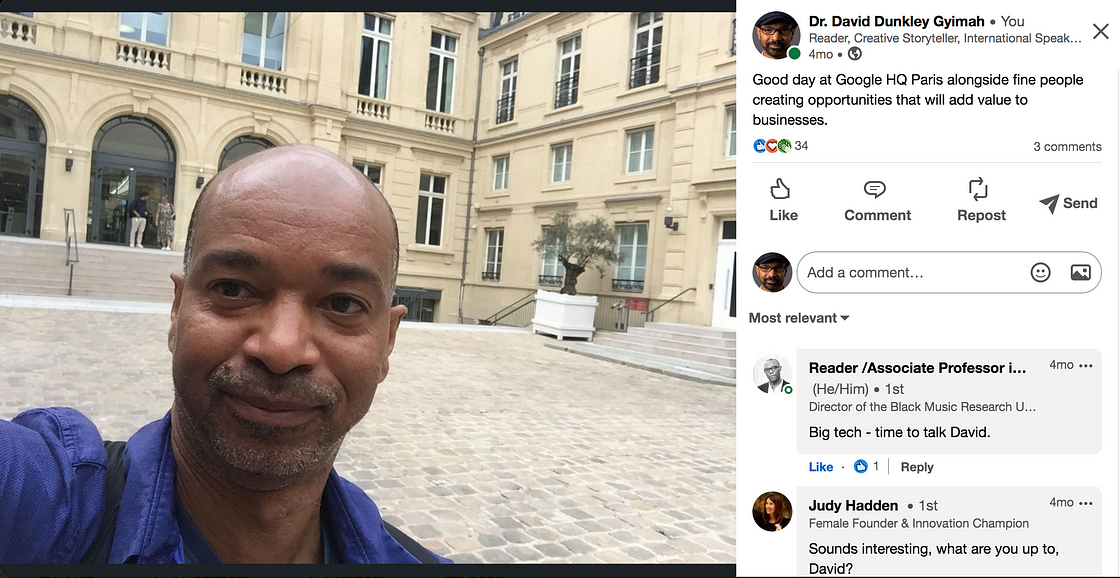
47winners from Google News Initiative’s 2022 Innovation challenge will now be in their stride with funding up to €150,000 for their project. The official announcement is here.
I was honoured to be one of the external assessors invited to join Google’s team. Big shout to Sarah, Ludo, Danielle, Kristen, and Ben for making me feel so welcome.
I’ve been a juror across top flight media, such as The Royal Television Society which picks the UK’s top news journalists and network, amongst others, and have won international awards for my work.
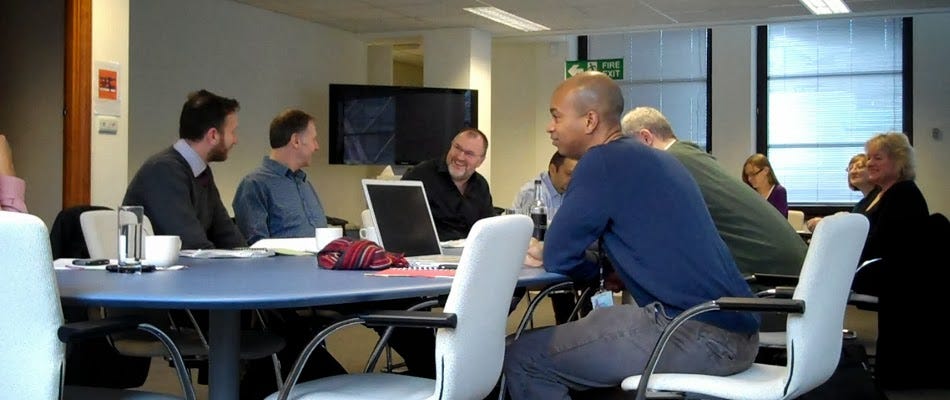
Hence, I could bring this experience to the initiative that attracted 605 applicants from 38 countries. The cache of applications was truly impressive and were eclectic across a spectrum of motivations.
Eligibility for funding fell into the following areas:
- that the project was innovative for applicant and users
- the impact it would have on society and news ecosystem
- the feasibility of the project
- how inspiring it was and where owners could “show [a]willingness to share knowledge and to contribute to the improvement of the ecosystem overall”
- being able to demonstrate a commitment to diversity, equity and inclusion.
I’ve sampled four successful applicants here.
Les Jours
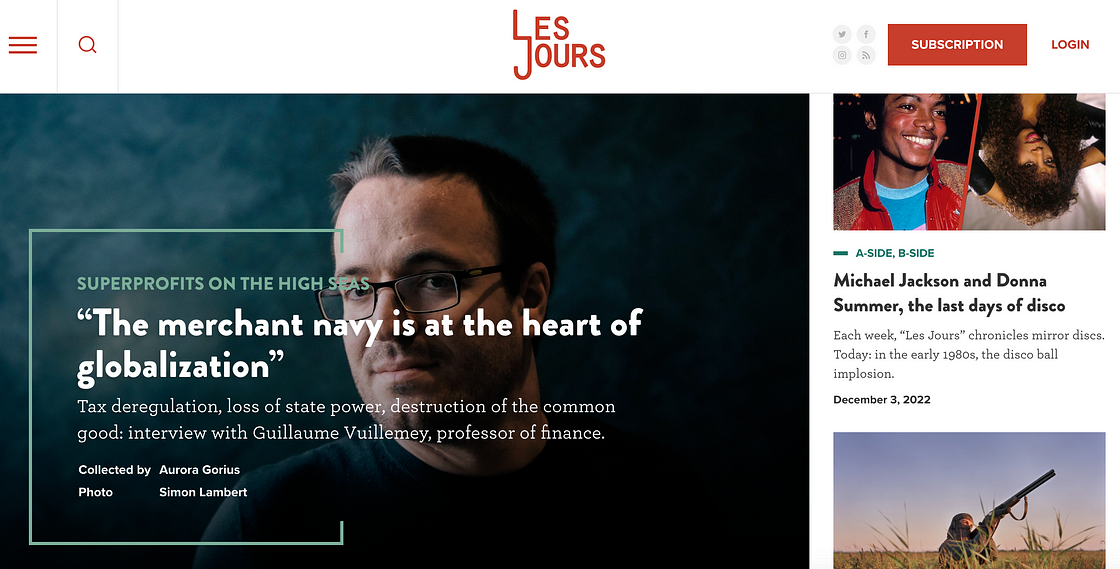
Imagine being able to establish the connection between say a journalist writing a story and the subjects of the article being written with the aid of a visual map.
Such connections between, not only journalists, but important people featured in a story will give news consumers an insight into how power and influence manifest itself in journalism.
This is what Les Jours intend on building — an interactive easy-to-use playful influence map.
Airwars
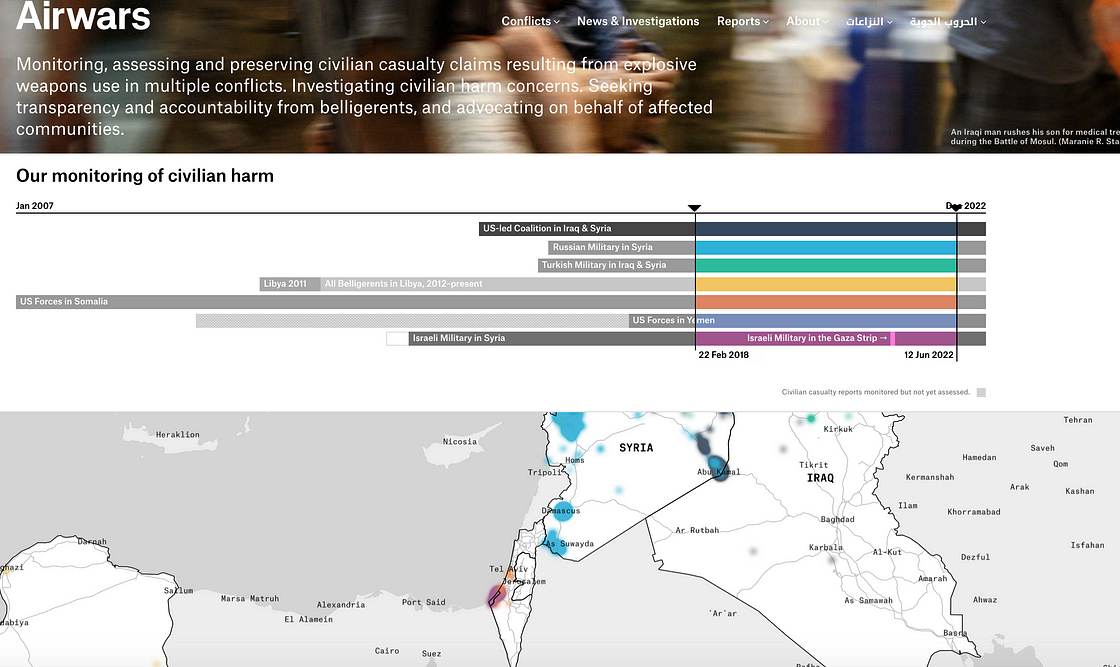
One of the difficulties of identifying perpetrators of attacks in wars, based on the munitions used, is producing forensic evidence from the scene of attack using blast debris and crater images.
Airwars is creating a centralised portal providing open-source identification of arms and munitions that can be matched with on the ground pre and post-blasts evidence. The site will be freely open to use by Human rights practitioners, individuals e.g. journalists and groups.
Afrolis
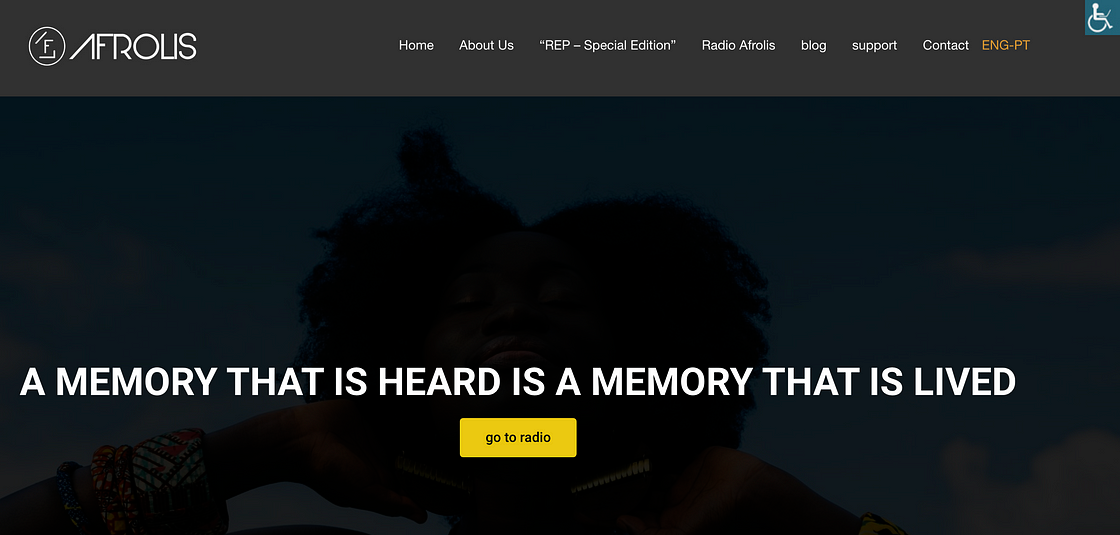
Afropolis in Portugal, is led by a team Portuguese women ( Black and Roma journalists) seeking to create an EU social network of members, and act as a funnel for Portuguese and EU diversity in newsroom.
Their news narratives will envelop nuanced social, economic, and political issues within diverse communities embracing themes seen in the range of mainstream news, but from their agency and perspective. Their mode of delivery will be via podcasts and articles from writers.
L’Humanité
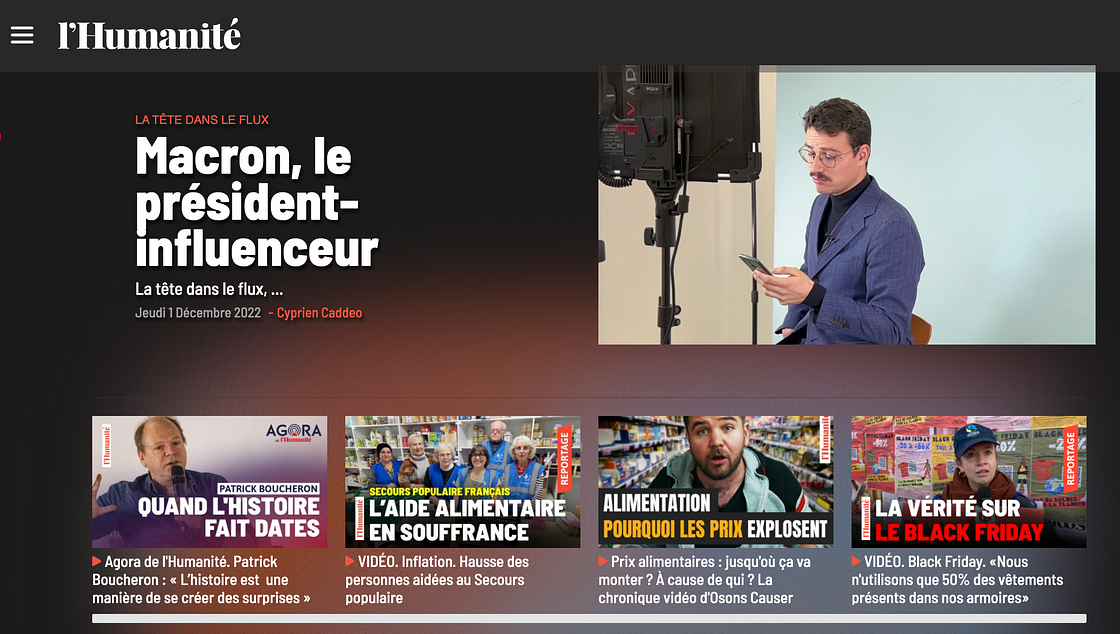
L’Humanité are looking to a model of news which targets a younger audience by the creation of DAO, tokens, and NFTs which feed into web 3. A challenge for all news outfits is engaging with Gen Z+ with stories and agency for the audience to be involved in the selection of topics and its coverage.
You can learn more about the current winners and the application process here on Google’s site.
Aside to the creative and intellectual challenge assessing applications, what was hugely enjoyable and rewarding was witnessing the depth and broad the range of thinking by practitioners across Europe, in either addressing immediate challenges or those peering into the future.
In some ways it took me back to an era of Dotcom I, and the unbridled creativity for the web as a new medium. And it made me recall my own work over the years in innovation in journalism -from working in Soho for a number of start-ups, (including being the editor for Justgiving.com) and then Re-active creating Channel 4 finalists interactive docs, and online web promos for the likes of heavyweight boxing champ Lennox Lewis.
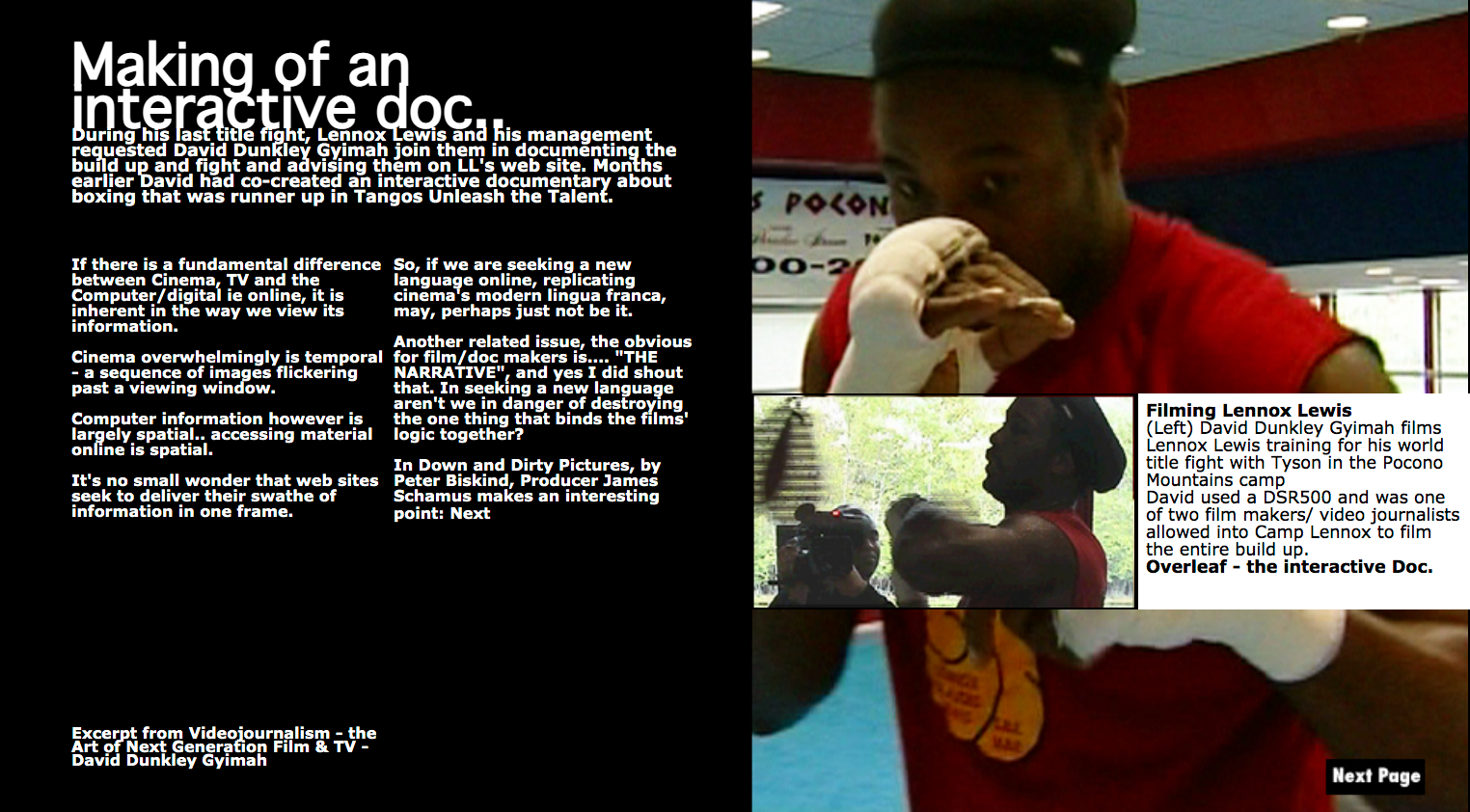
Later, this would merge into work creating Innovative Journalism, profiled by several tech including Apple and more recently using Art, Tech, Journalism and storytelling to help MA students create their own start ups.
If you’re one of the winners of the Google Initiative, Good luck. If you’re looking for an assessor on your project with experience in the aforementioned and diversity, drop me a line Gyimahd [at]Cardiff [dot]ac [dot]uk
About me: I’ve thirty years in the media industry working on top journalism platforms e.g. BBC, media startups and dotcoms, and today balance external work across my main role as an academic. More here
